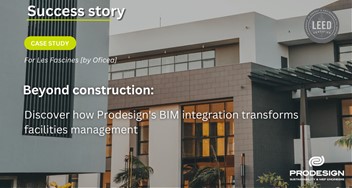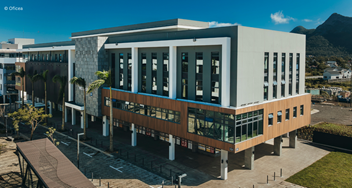At the heart of BIM's cost-benefit analysis is its ability to reduce waste and increase efficiency. Traditional construction processes are often riddled with inaccuracies due to outdated plans or miscommunications, leading to costly mistakes and overruns. BIM addresses these challenges head-on by providing a highly accurate, up-to-date model that all stakeholders can access and understand. This level of precision and clarity reduces the need for rework and alterations, directly cutting down costs associated with material wastage and extended labor hours.
The cost benefits of BIM are also evident in its ability to streamline project timelines. By enabling detailed pre-construction planning and providing tools for clash detection and resolution, BIM can significantly shorten project durations. Shorter construction times mean lower labor costs and faster time-to-market, which are critical for the financial success of any development. This aspect of BIM is particularly beneficial in large-scale projects, where delays can translate into significant financial losses.
Moreover, BIM's role in enhancing communication and collaboration among all project participants cannot be overstated. By fostering a shared understanding of the project goals and details, BIM minimizes the risk of errors and omissions, which are often costly to rectify. This collaborative environment ensures that projects stay on track and within budget, thus improving overall profitability.
From a long-term perspective, BIM extends its cost benefits into the building's operational phase. Buildings designed with BIM tend to have better energy performance, lower maintenance costs, and higher sustainability. These features not only reduce ongoing operational costs but also enhance the building's value and appeal in an increasingly environment-conscious market.
In conclusion, the adoption of BIM in construction projects represents a significant step forward in terms of cost efficiency and project management. While the initial investment in BIM technology and training may seem daunting, the long-term savings and efficiency gains make it a financially sound choice. As more companies and stakeholders recognize and harness the benefits of BIM, it is set to become an indispensable tool in the future of construction and design, driving innovation, sustainability, and profitability.
Incorporating this perspective, Prodesign stands at the forefront of BIM implementation, offering specialized expertise that directly contributes to cost optimization in construction projects. Our approach goes beyond just utilizing BIM as a design tool; we leverage it as a comprehensive management system. By partnering with us, clients gain access to our deep understanding of BIM's intricacies and our proven track record in delivering projects efficiently and cost-effectively. Our team of experts excels in identifying areas where BIM can most effectively reduce costs, from early-stage design decisions to the intricate details of construction management. This personalized and proactive approach ensures that our clients not only benefit from the general advantages of BIM but also enjoy tailored solutions that align with their specific project requirements and financial objectives.





